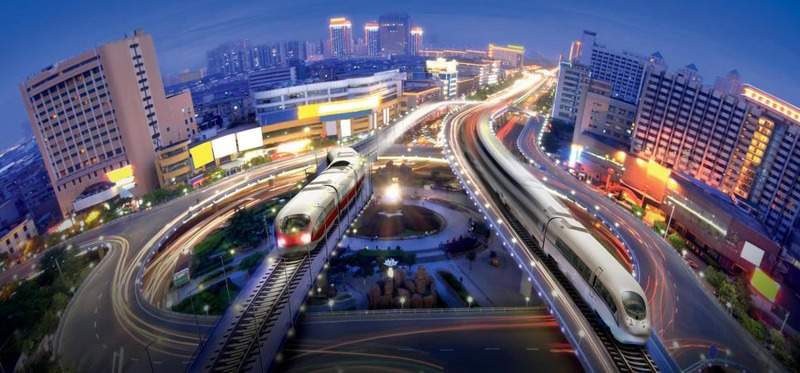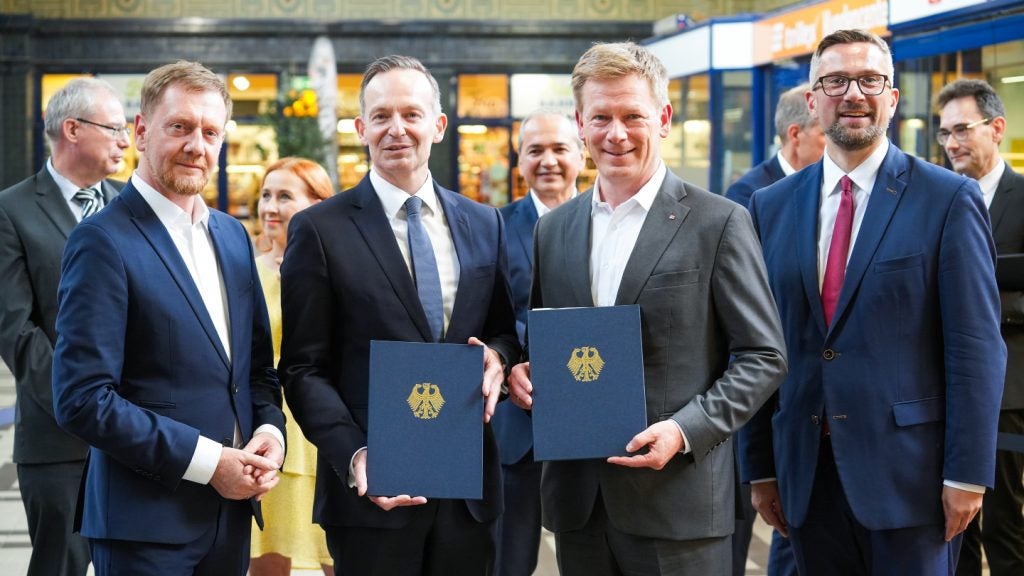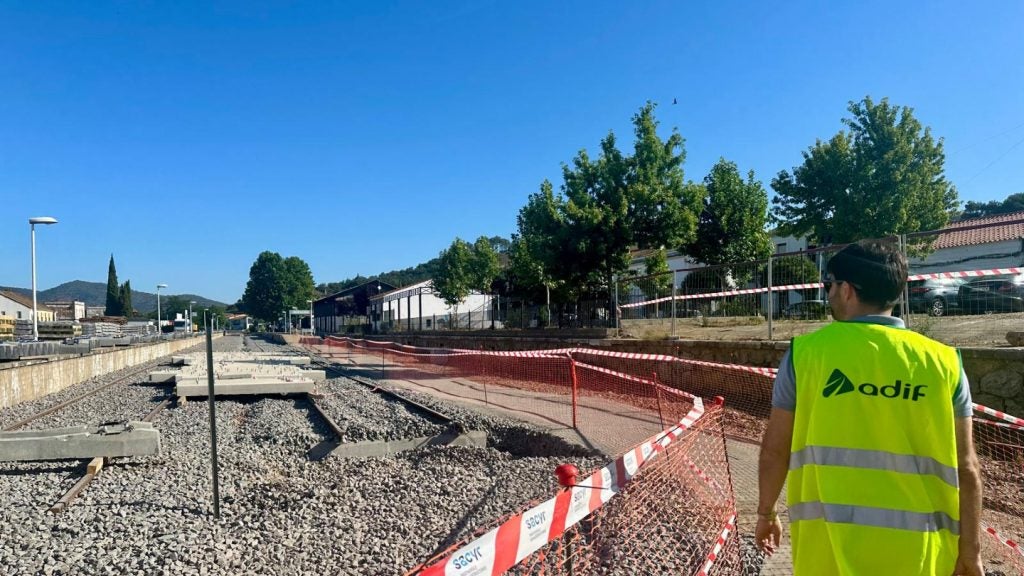
A Thales-led consortium has received a five-year contract to install new security systems at 61 Rete Ferroviaria Italiana (RFI) operated stations in Italy.
The consortium also comprises Leonardo, Ingegneria & Software Indistriale (I&SI) and SE.GI.
The scope of the contract includes the implementation of security systems such as Closed Circuit TV, access control / intrusion detection, smoke detection, protection fences, power efficiency and lighting, as well as data transmission and wiring at the respective stations.
Thales and its partners have also agreed to provide maintenance work for an additional five years as part of the arrangement.
Thales Italy director Roberto Tazzioli said: “This new contract reaffirms Thales’ capabilities in physical site security for critical infrastructure like rail network and stations.
“We’ve been a long standing partner of RFI and have proven expertise in this field, as Thales and its partners have more than 10 years of experience of successful contract delivery for similar projects for RFI.”
How well do you really know your competitors?
Access the most comprehensive Company Profiles on the market, powered by GlobalData. Save hours of research. Gain competitive edge.

Thank you!
Your download email will arrive shortly
Not ready to buy yet? Download a free sample
We are confident about the unique quality of our Company Profiles. However, we want you to make the most beneficial decision for your business, so we offer a free sample that you can download by submitting the below form
By GlobalDataThe contract forms a part of RFI’s long-term strategic plan to modernise Italy’s entire rail network.
The installation of new integrated communication and supervision systems is expected to improve the overall quality of security at the stations.
It is also intended to facilitate the operation of auxiliary security systems.
The project is slated to include the introduction of new centralised software platforms and will enable real-time situational awareness, while also allowing the rail operator to act swiftly in case of aggression, acts of vandalism, violence or any other security-related incidents.
The solutions have been designed to to seamlessly integrate with legacy systems and ensure operational continuity throughout the term of the services.
In addition, they are intended to optimise operational processes for security personnel and allow them to respond proactively to ensure maximum passenger safety.







